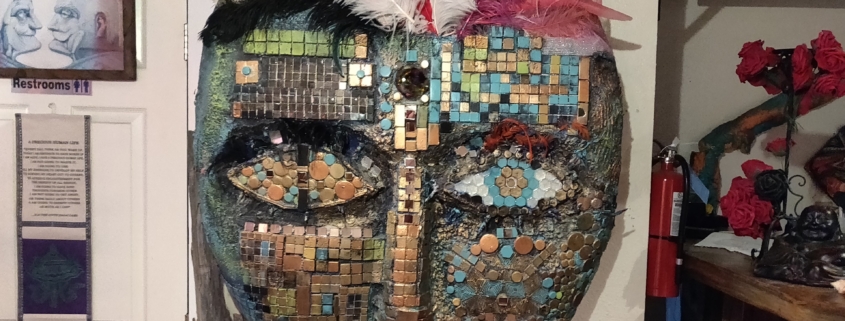Might transcranial direct current stimulation (aka direct neurofeedback) be an additional tool to reduce symptoms of depression as a result of the impact of the pandemic?
If there is one silver lining to this pandemic it is the blossoming realization and acceptance of the fact that people need people! It is shining a light on the cultural ideal of independence and reflecting the shadow side of such an ideal. Human beings were designed to be interdependent, using relationships within their tribes and communities to grow and thrive. If independence was truly the healthy ideal, why aren’t more people thriving during this pandemic?
Use this time to reflect on the lessons being brought forward to us. If we embrace the fact that we need each other – and that it makes us feel good to help each other – than perhaps we can learn to be at ease with asking for help and support when we need it, knowing it will deepen our connections with others and make others feel good about themselves. What brings hope during these unexpected – and let’s just own it – scary times is collaboration and comradery. Knowing we are not alone – in our experiences, thoughts, and emotions – and that if we just have the courage to reach out, we will find relief.
Action is actually an antidote to fear. So, although the mind says withdraw, let the body lean in and reach out a hand – to call a friend, to pet an animal, to throw and catch a ball with a child and best of all to give and receive a hug with a loved one. You might even try your hand at writing, perhaps a letter or poem, to someone you care about and are unable to see in person at this time. Letting them know you are thinking about them and care about them might forever change their world in that immediate moment.
All of these acts of connection soothe the mind’s sense of disconnection. As neuroscience is demonstrating, our brains are wired for connection and, when we begin to experience disconnection, symptoms like depression start to develop. And the current pandemic conditions are only exacerbating any pre-existing sense of disconnection. Therefore, we need more tools that support the brain’s innate ability to reorganize towards health, beyond medications that bring so many unwanted side-effects. We need tools that reduce the fear signals in the brain so that action becomes more of an option when depressive symptoms loom.
Well, such a tool exists and a recent systematic review and meta-analysis of the research reflects that this tool is effective in the treatment of depression. Prior to this review, the results were mixed. However, now enough randomized clinical trials have been conducted and the cumulative data reflect that direct neurofeedback has achieved superior response and remission rates, warranting further large-scale clinical trials!
This information is vital as we continue to move through this pandemic and beyond. The lasting effects of the physical distancing required for our immediate physical health are still unknown at this time, yet history informs us that the psychological wounds may be deep. Acknowledging that symptoms of depression may be arising, whether within our own experience or witnessing it in others, helps to anticipate support might be needed along the healing path. Knowing about the treatment options facilitates choice throughout the journey.
To read more about this research click on the link below:












Leave a Reply
Want to join the discussion?Feel free to contribute!